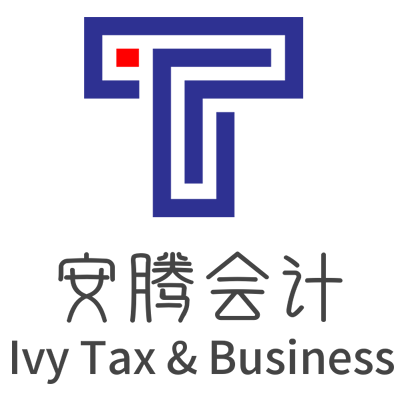Starting a tax preparation business can be a lucrative venture, but many wonder if being a Certified Public Accountant (CPA) is necessary. Here’s what you need to know:
CPA vs. Non-CPA
- Certified Public Accountant (CPA): A CPA is a licensed professional with extensive education and training in accounting, auditing, and tax preparation. CPAs can represent clients before the IRS.
- Non-CPA Tax Preparers: Non-CPA tax preparers can still start a tax preparation business. They may need to obtain certain credentials and adhere to specific regulations.
Credentials for Non-CPAs
Non-CPA tax preparers should consider obtaining:
- PTIN (Preparer Tax Identification Number): Issued by the IRS, required for anyone preparing or assisting in preparing federal tax returns for compensation.
- AFSP (Annual Filing Season Program): A voluntary program by the IRS that provides additional training and allows non-CPAs to represent clients in limited circumstances.
- Enrolled Agent (EA): A federally-authorized tax practitioner who has technical expertise in the field of taxation and can represent taxpayers before the IRS.
Legal Requirements
- State Regulations: Some states have additional requirements for tax preparers, such as registration, testing, or continuing education.
- IRS Requirements: All tax preparers must follow IRS guidelines, including obtaining a PTIN and adhering to ethical standards.
Benefits of Being a CPA
While being a CPA is not mandatory, it offers several advantages:
- Credibility and Trust: Clients may prefer working with a CPA due to their extensive knowledge and professional standing.
- Expanded Services: CPAs can offer a broader range of services, including auditing and financial planning.
- Representation Rights: CPAs have unlimited representation rights before the IRS.
Starting Your Business
Steps to start a tax preparation business include:
- Education and Training: Obtain the necessary credentials and stay updated on tax laws and regulations.
- Business Plan: Develop a business plan outlining your services, target market, and marketing strategy.
- Registration and Licensing: Register your business and obtain any required licenses or permits.
- Software and Tools: Invest in reliable tax preparation software and other tools needed to efficiently manage your business.
Conclusion
While being a CPA is not required to start a tax preparation business, obtaining relevant credentials and adhering to legal requirements is essential. Non-CPAs can still successfully operate a tax preparation business with the proper preparation and expertise.
This article is intended solely for informational purposes and does not constitute legal, financial, or professional advice. Readers are advised to consult professionals in the relevant fields before taking any action to obtain personalized advice.


